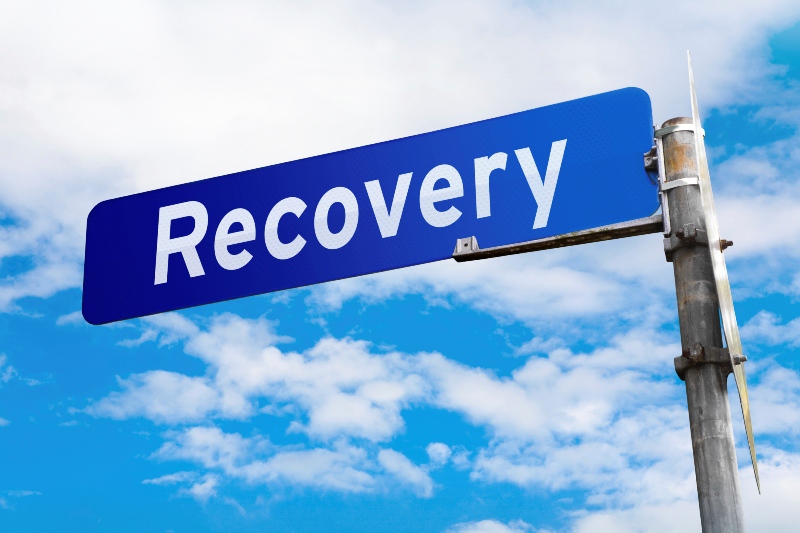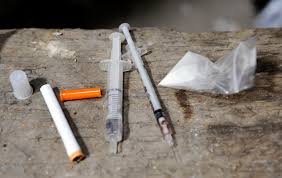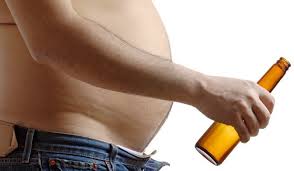Prompt alcoholism treatment

Prompt alcoholism treatment is essential in delivering timely recovery
Prompt alcoholism treatment: Drug addiction
There is no doubt that today alcohol is one of the most addictive and abused substances across the globe. What is worrying with these facts is that, as dangerous as it is to human life, it is not listed among the illegal drugs. It is because of this legality bestowed on this substance that has been singled out as a motivating factor for its consumption and abuse. All the efforts the authorities are putting in place to put the control to the use of alcohol has not yielded much and alcohol still remains the most abused drug globally. Because of the magnitude of health complications associated with alcohol consumption, we will be discussing in our subsequent articles about various effects of alcohol to human life but for the purpose of this article, we will look at the possible direct and prompt alcoholism treatment solutions available to victims. There are many medical options for treating alcohol use disorders which generally depends partly on the intensity and the duration of the patient has been drinking. The treatment options may include:
- Behavioral therapy like individual sessions with a health professional and support groups
- Medications
In administering treatment for alcoholism your doctor will do a brief intervention to help the patient to reduce or stop their drinking. During this process, your doctor will give you an action plan for working on your drinking. The action plan may include:
- Keeping a daily diary of how much alcohol you consume
- Setting targeted goals for your drinking
- If you’ve reached alcoholism stage then anti-craving or aversion medication may be recommended.
Prompt alcoholism treatment: Overall treatment goals
The ultimate goal for direct alcoholism treatment is to secure patients total abstinence. When this is achieved it offers better survival rates, mental health and sound marriages. Patients who attain this often become good and responsible parents, employees or employers compared to those who keep relapsing. Achieving this may not be an easy task and therefore the patient will need to avoid high-risk situations and interchange the addictive patterns with much more useful and satisfying activities and behaviors. Many professionals may choose to treat alcoholism as the chronic disease where patients will be expected to accept relapse even as they purpose for a long remission period as possible. Every step taken is an achievement because the very small reduction of alcohol intake is significant enough to lower the risk for alcohol-related medical problems. That is why calling doctor Akoury now to schedule an appointment would be very important for you and your loved ones.
Finally, it is highly regarded that achieving total abstinence and avoiding high-risk situations are the optimal goals for alcoholics. This should also be supplemented by involving family members and friends by way of educating them on how to offer social support to the addicts. When it is approached from different directions like that then some level of success will be achieved.
Prompt alcoholism treatment: Drug addiction









